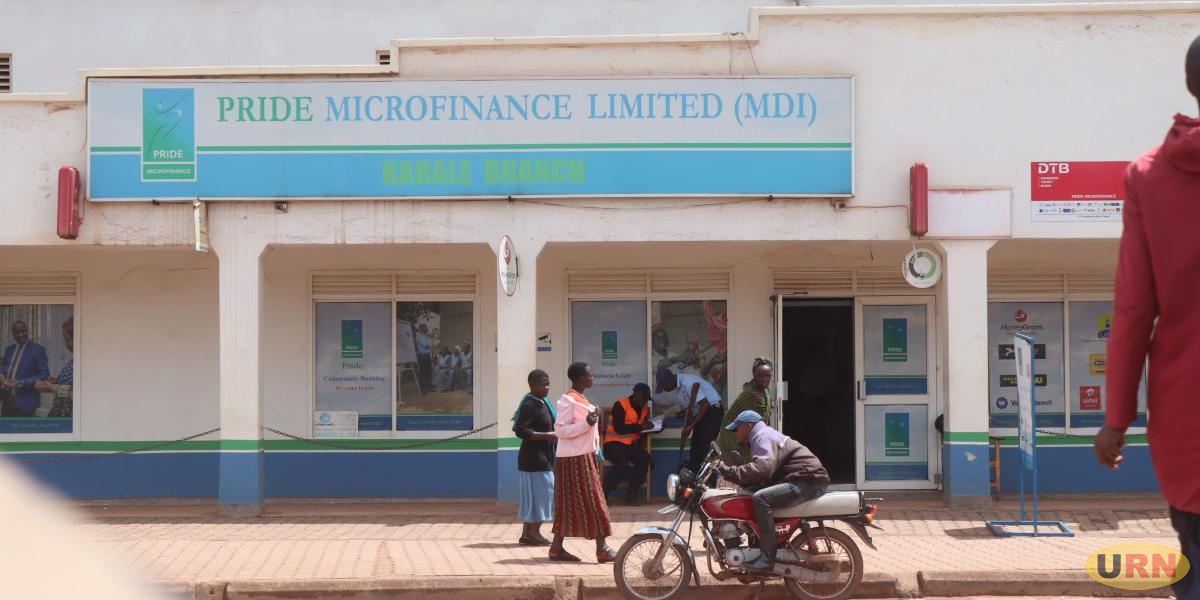A Ugandan businessman, Daniel Dennis Ssemugenyi and his company have won a major legal victory after the High Court ordered DFCU to unfreeze their account, which had been locked for over 10 months due to allegations of fraud.
In September 2023, Daniel Dennis Investment Group Ltd owned by Ssemugenyi, signed a Memorandum of Understanding (MOU), with Thorington Capital Markets Ltd. The goal was to arrange a large $35 million loan that didn’t need to be repaid in the usual way.
As part of the deal, Daniel Dennis Investment Group paid $120,000 in processing fees.
But things went wrong. Thorington later accused Ssemugenyi and his company of getting the money through lies and tricks, claiming it was part of a bigger fraud and money laundering scheme.
Money laundering is when people try to hide illegal money by making it look clean. Based on this complaint, the Director of Public Prosecutions (DPP), got a court order on September 5, 2024, to freeze the company’s dollar account at DFCU Bank. The account number is 02660014859731. The freeze was meant to stop anyone from moving or changing the money while investigators looked into the claims.
Ssemugenyi and his company fought back in court. They said the accusations were false. They claimed Thorington backed out of the deal, refused to return the fees at first, but later refunded them. They also pointed out that bank records showed no money transfers from Thorington into their frozen account, so there was no direct link to any fraud.
Plus, they argued the money in the account came from legitimate business deals, not crimes.
The real hardship, they said, was the freeze’s impact on their lives and community work. The account funded a scholarship program helping over 1,000 children under 15 years old with school fees and supplies. With the money locked, the programme stopped, leaving kids without support.
Ssemugenyi has been out of Uganda since 2020, but his lawyers said that shouldn’t justify keeping the freeze going forever. They called the long freeze unfair and against Uganda’s laws.
The government disagreed. Prosecutors said the freeze was legal under the Computer Misuse Act to protect the money as evidence. They claimed the investigation was complex, involving the Financial Intelligence Authority (FIA) and even some DFCU Bank staff.
Lifting the freeze, they argued, could let the money disappear, hurting national security and the banking system. They also noted Ssemugenyi had not responded to summons for questioning, showing a lack of cooperation.
In the end, Justice Isaac Muwata sided with Ssemugenyi and his company. In his ruling, he said the freeze had gone on too long—over 10 months—without any charges filed or clear progress in the case.
Under the law, freezes like this are temporary tools to help investigations, not punishments. The judge pointed to the Constitution’s Article 26, which protects property rights and says limits on those rights must be fair and necessary.
Muwata noted the government had not shown strong evidence, like transaction records or proof the money was at risk of being hidden. He also highlighted the harm to the scholarship kids, calling the freeze disproportionate.
Referencing a famous Supreme Court case from 2004 Charles Onyango Obbo v. Attorney General), he stressed that fighting crime can’t trample individual rights without good reason.
In the end, the judge set aside the original freeze order from the Chief Magistrate’s Court. He directed DFCU Bank to immediately unfreeze the account and any others affected.
This means Ssemugenyi’s company can now access its money again.







